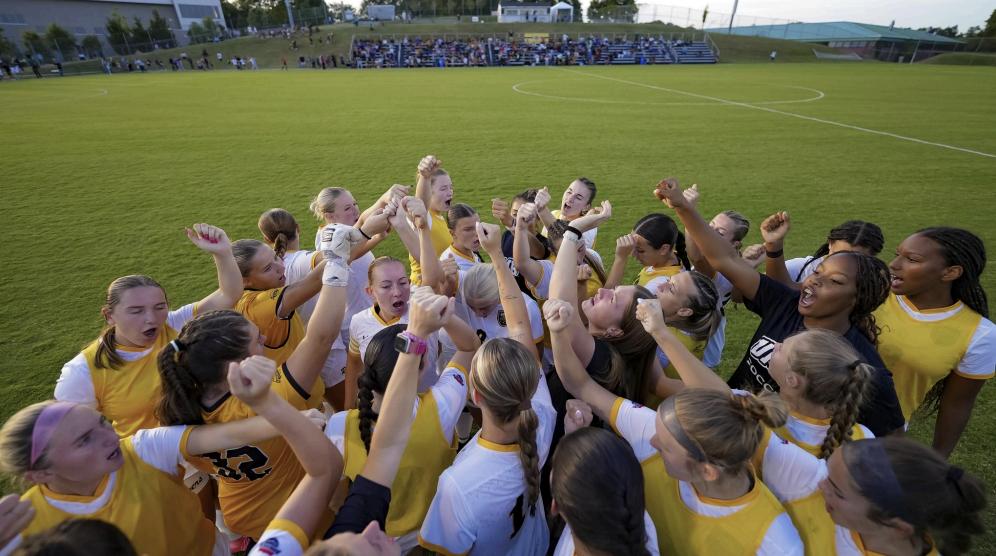When University of Maryland, Baltimore County alumni Ian Turner found out how uncomfortable masks can be for medical professionals, he got to work using his 3D printer to make ear guards to provide some relief during the COVID-19 pandemic. Surgical masks wrap around the medical professional’s ears, causing pressure and irritation over multiple days.“Wearing a mask all day for 12+ hours can cause extreme discomfort. I wanted to take action because nurses, doctors and other medical professionals are putting their health at risk every day,” said Turner, who graduated from UMBC in 2017 with a degree in Mechanical Engineering. By late May, he had printed and donated over 1500 ear guards to hospitals and grocery stores in the Charlottesville, Virginia area, where he now lives.
3D printing works by creating the object (in this case, ear guards) in minuscule slices, working from the bottom up. To make the ear guards, Turner downloads a file from the internet, prepares the file in 3D slicing software, creates the code for the printers and prints the guard.
“I went through a few iterations to optimize the performance and speed to turn out a better product. Once that was dialed in, I was able to print 60-70 ear guards a day using two Ender 3 printers, one personal and one from work,” said Turner, who works at Northrop Grumman Mission Systems.

Medical professionals working in hospitals have strict rules about how to wear their Personal Protective Equipment. According to the Center for Disease Control, an example of PPE includes an isolation gown, a filtering facepiece respirator, a face shield or goggles and gloves. Nurses and doctors have to don all of this before even entering a patient’s room.
Turner learned about the discomfort caused by constant mask-wearing through friends who work in the health care system. “Living in a medically diverse area like Charlottesville, I have become friends with nurses, lab techs, doctors, PA’s, and even some hospital custodial staff. My closest friends are all nurses,” Turner said.
His friend Julianna Elliot works in the Thoracic Cardiovascular ICU at the University of Virginia Hospital in Charlottesville. When he reached out to her, she jumped at the opportunity to collect the ear guards and hand them out to her unit and others.
The response from medical professionals was, in a word, “overwhelming,” Turner said. “The medical staff I sent them to were overjoyed with what I was doing and how well the ear guards were working. In the first few weeks, I couldn’t produce them [quickly] enough.”
After telling his boss at Northrop Grumman what he was doing, his boss told the manufacturing department to let him borrow another 3D printer to increase production and when he found out that Turner was running low on materials, his boss also donated printing materials.
“On top of that, once my coworkers heard what I [was] doing, they set me up with others in need and it grew from there,” said Turner.
Auna Charters, a cardiac ICU Registered Nurse at University of Virginia Health, noted that all staff wear surgical masks their entire shift. “[They] can cause pressure and ulcers after multiple days in [a] row. That’s why I was so thankful when Ian Turner reached out asking if my unit could use any of the ear guards,” Charters said.

Turner brought 45 printed ear guards to her unit. “It may sound like a little thing to be given, but my entire staff of nurses and doctors were overjoyed to have the strain taken off their ears,” Charters said. “We were extremely thankful for his willingness to donate his skills and 3D printer to bless us as we care for patients.”
Turner continues to print the ear guards and his next plan is to provide them to local businesses that are opening up. So far, he has donated to Starbucks, local breweries and vineyards.
“Knowing that [doctors and nurses] were going day in and day out with great exposure to COVID-19, I wanted to, at the very least, make sure they were comfortable while doing so,” Turner said.

